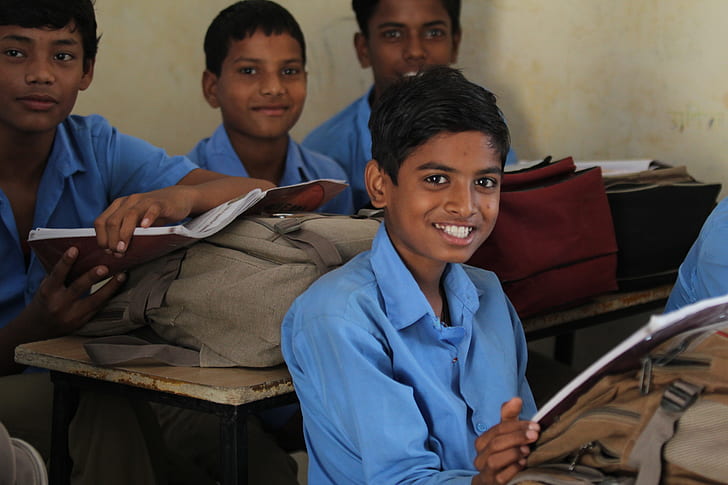The education department of Maharashtra has enrolled one million parents of students in Classes 1 through 3 to tutor them in essential skills as part of an effort to raise the standard of instruction in government-run schools. The state government has picked Pratham, an NGO that aims to raise the standard of education for all social classes, to provide these parents with training.
Improving Reading and Numeracy among Children
The Nipun Bharat programme, a component of the National Education Policy (NEP) 2020, was launched in Maharashtra five months ago with the goal of assisting students in Classes 1 through 8 in becoming proficient in reading with understanding and numeracy.
According to Kailas Pagare, state project director for Samagra Shiksha’s Maharashtra Prathamik Shikshan Parishad, the initiative ensures that by the conclusion of third grade, every child in India has mastered the essentials of literacy and numeracy (MPSP). Nipun Bharat aims to transform the dull educational system into one that is integrated, enjoyable, inclusive, and engaging.
Recruiting Aid from NGOs
An NGO called Pratham has been given a responsibility by the state to inform the parents of eligible students throughout the state. The NGO has established 2.5 lakh Mata-Palak groups (Mother-Parent Groups) in communities with a total of 1 million parents throughout the state, claims Hemlata Sasane, project coordinator for Pratham.
“Special efforts have been made in this initiative to ensure that children receive education both at home and at school. For this, a video is sent to parents every week in which parents are given new ideas to educate students. Each group’s leader keeps an eye on the fact that the parents provide education to the students at home,” Sasane said.
To provide administrative support for academic advancement, the state has recruited the non-profit organisation Leadership For Equity. According to Sai Prasad, assistant director of Leadership For Equity, a roadmap is being created to coordinate at the state and district levels and expedite the execution of several educational programmes, including Nipun Bharat. “We will be looking at the long-term planning of various activities carried out under the Department of Education through public policy and procedures and ensure that even if there are changes at the administrative level, it does not pose any threat to the projects,” he said.
Many people have expressed worry, though, about the government using NGOs to carry out the initiative. State Principals Federation representative Mahendra Ganpule has questioned why the state government must appoint non-profit organisations rather than engage with residents via a capable institution like the State Council of Educational Research and Training (SCERT). He also questioned whether the government’s use of non-governmental organisations (NGOs) for educational reasons revealed a lack of faith in its own system.

